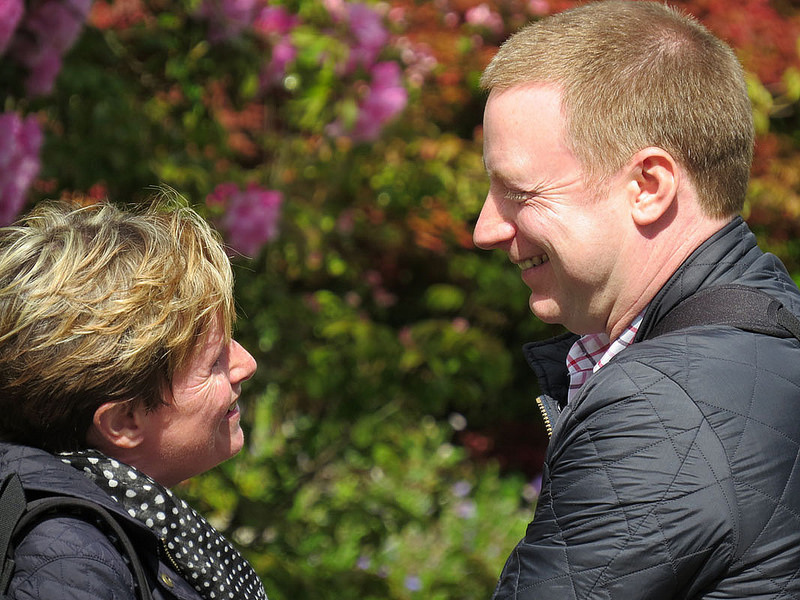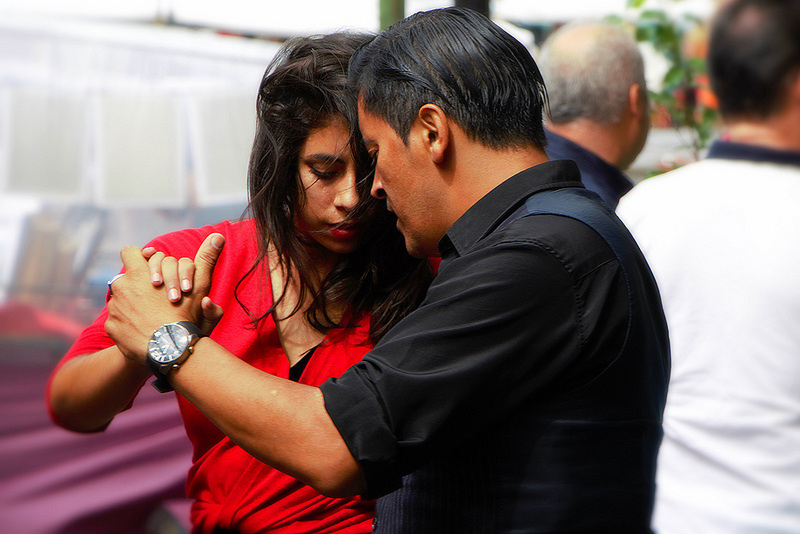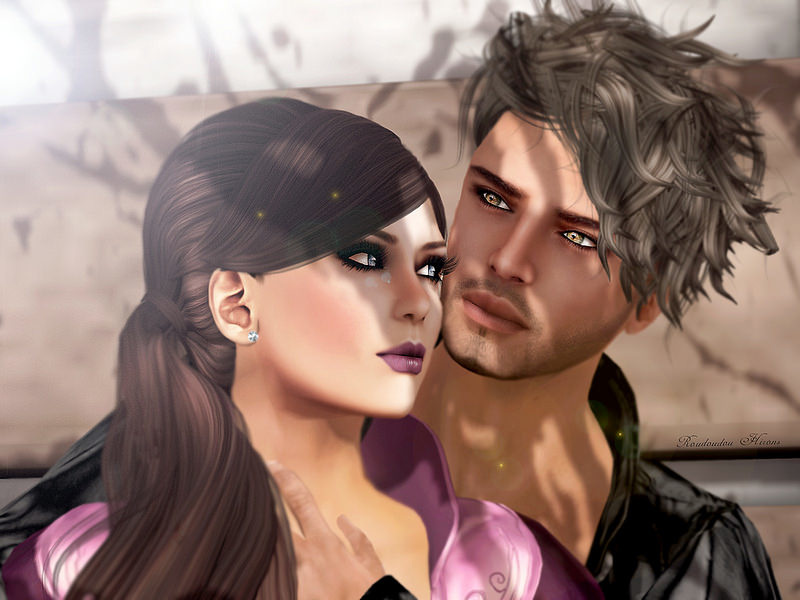
In contrast, attachment theorists say that
"effective dependency" is from "cradle to grave"
and is to turn towards our partners for emotional support.
Those who ask for emotional support show signs of strength and asking for your needs to be met by your partner, creates deep connections and lasting relationships.
Love relationships as adults exhibit similar responses and patterns as mothers and their children.
We generally feel secure, when we are comfortable
with closeness and confident with depending on another loved one, we seek support as well as giving support.
When we feel safely connected to others we understand ourselves better and like ourselves more. We are more confident about problem solving, and more likely to successfully achieve our goals.
The people we "love"are the hidden regulators of our bodily processes and our emotional lives.
When love does not work, we hurt. Indeed, "hurt feelings" is a precisely accurate phrase.
Brain images show that when one is hurting from emotional rejection or hurt feelings, the part of our brain, the anterior cingulate, triggers the same circuits as physical pain.
In fact, this part of the brain turns on anytime
we are emotionally separated from those who are close to us.
Do you remember having that fight with your partner and feeling out of sorts and uncomfortable all day long until you talk through the issue?
Attachment theory teaches us that our loved one is our shelter in life.
We all experience fear when we have disagreements or arguments with our partners.
For those of us with secure relationships it is talked through and only a momentary blip, our partners will reassure us if we ask.
For those of us with fraying bonds,
fear can be overwhelming.
Sometimes we present with anger to defend our hurt. Couples tend to be caught up in patterns of destructive power struggles or caustic fighting patterns. We have to really look at what is going on in the couples dance, often the circular pattern of defend/blame is the enemy.
There are several patterns couples fall into that create a barrier to intimacy.
Couples can learn their destructive patterns and step out of them.
Couples can learn to realize that the softer emotions are
underneath those protest emotions of anger and contempt.
Once couples are taught to learn their patterns and protest behavior, and step out of the circular patterns, they learn to pause and listen,
"What would my partner be asking for if they were a child?
Some reassurance, a hug, to be heard, to know that I am there?"
The most basic emotion that is underneath
many power struggles, is fear.
The question most people seek in a relationship with their partner is:
Are you there for me?
Sue Johnson, Hold me Tight




 RSS Feed
RSS Feed
